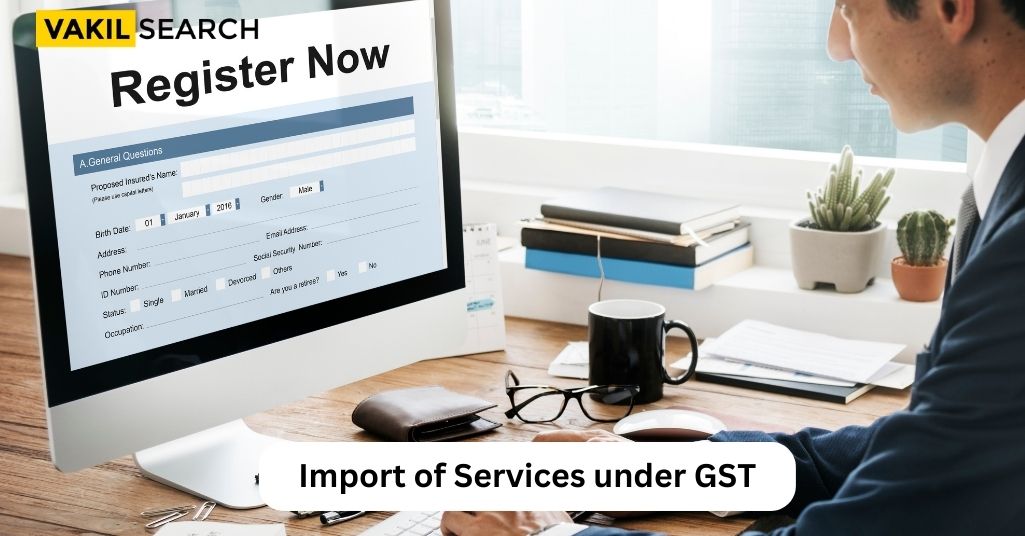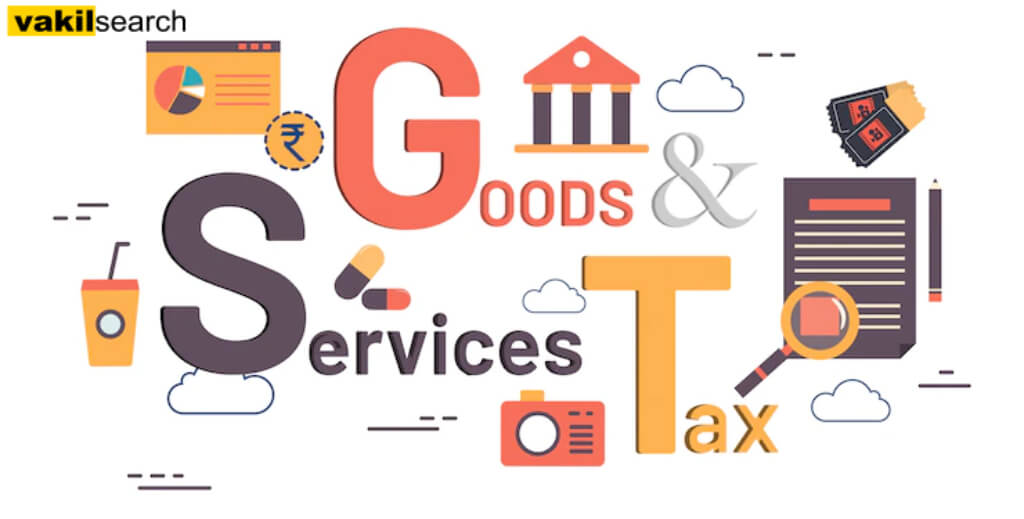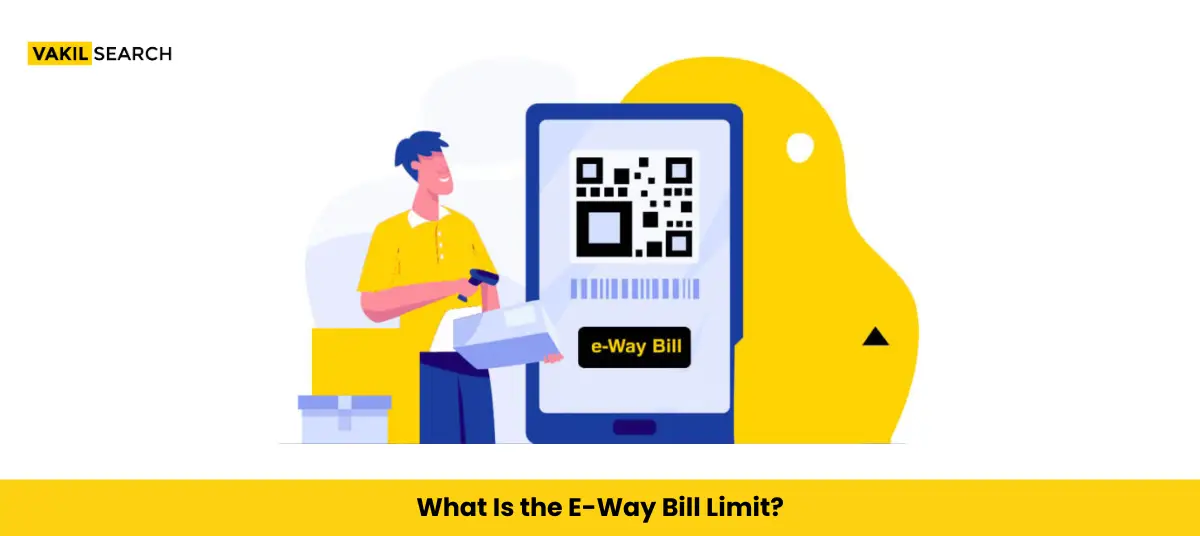GST on service imports: Understand liability, ITC, and compliance. A concise guide for seamless transactions.
Importing services involves a service supply where the supplier operates outside India, the recipient is situated in India, and the service’s place of supply is within India. GST is applicable to the import of services under a reverse charge mechanism. Any individual obligated to pay GST through reverse charge must acquire GST registration and file GST returns as per the GST regulations, regardless of other criteria. Therefore, it is crucial for all individuals engaged in importing services into India to stay informed about the GST regulations associated with service imports.
OIDAR Services
Online Information and Database Access or Retrieval Services (OIDAR) are vital in the digital space. Providers of these services must get GST registration to stay compliant with the cross-border nature of digital transactions.
Import of Services by Related Entities
When services are imported between related entities, things get interesting. Even if there’s no cash involved, these transactions are considered part of business dealings and fall under GST regulations. Indian branches and foreign subsidiaries must play by the rules.
Supply to SEZ
Special Economic Zones (SEZs) have specific rules. Supplying goods or services to an SEZ Developer or unit is treated as an inter-state supply, attracting the Integrated Goods and Services Tax (IGST).
Import Export Code
For those diving into import-export, the Import Export Code (IEC) is a must. It’s your ticket to the international trade scene. Getting an IEC is mandatory, and the GST new registration process takes about 6 to 7 days through Vakilsearch.
FAQ’s:
Who is liable to pay GST on imports?
GST on imports is typically paid by the recipient of the imported services in India. The mechanism is often under reverse charge, where the recipient, instead of the overseas supplier, is responsible for the tax payment.
What is the time limit for filing GST return for imports of services?
The time limit for filing GST returns for imports of services follows the standard GST return filing schedule. Usually, it is advisable to adhere to the prescribed due dates for GST return filing to avoid any penalties or complications.
How is GST paid on imports of services?
GST on imports of services is paid through the reverse charge mechanism. The recipient of the service in India is required to calculate and pay the GST directly to the government, ensuring compliance with the applicable rates.
What is the rate of GST on imports of services?
The GST rate on imports of services can vary based on the type of service. It's essential to refer to the GST rate schedule to determine the applicable rate for the specific service being imported.
Can an importer claim input tax credit (ITC) on imports?
Yes, the recipient of imported services can claim input tax credit (ITC) on the GST paid under the reverse charge mechanism. This credit can be utilized to offset the GST liability on the output supplies or other eligible expenses, facilitating a smoother flow of input credit in the business.
Conclusion
Understanding service imports under GST isn’t about using fancy terms; it’s about knowing the rules of the game. Taxing digital services, dealing with related entities and SEZs, and getting your IEC – each piece matters. For businesses eyeing global markets, a straightforward grasp of these aspects is the key to success.










